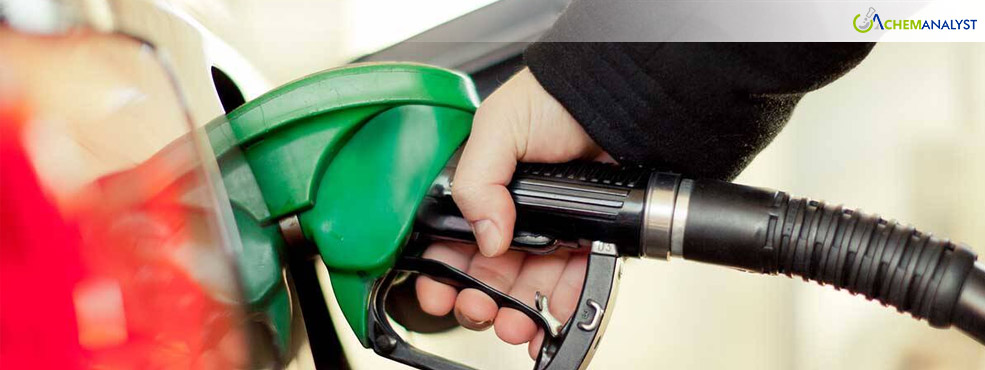Welcome To ChemAnalyst

The South Korean government has announced an extension of its fuel tax cut through December 31, 2024, pushing back the original end date of October 31. However, this extension comes with a reduction in discount rates for gasoline, diesel, and liquefied petroleum gas (LPG). As of November 1, the gasoline tax discount will be lowered from 20% to 15%, while discounts for diesel and LPG will drop from 30% to 23%.
The decision, made on October 23, reflects the government’s efforts to address inflationary pressures and high energy costs, which have been intensified by global economic and geopolitical challenges. Officials cited the ongoing trend of rising fuel prices and the toll on the national budget as factors influencing this latest policy adjustment. The move aims to help stabilize living costs, acknowledging that citizens are facing increased expenses across multiple sectors due to these pressures.
While the fuel tax cut provides consumers with some relief at the pump, it has placed a notable strain on the government’s fiscal position. Current projections estimate a tax revenue shortfall of approximately 29.6 trillion won, underscoring the financial impact of maintaining such discounts. Since the fuel tax cut was first introduced in November 2021, South Korea has adjusted discount rates several times in response to fluctuations in fuel prices and the government’s budgetary needs. This latest change marks the twelfth adjustment, demonstrating a continued balancing act between consumer relief and fiscal responsibility.
Originally, these tax reductions were implemented in part to offer financial relief and were timely ahead of national elections in April 2024. Such cuts are seen as beneficial for garnering public support, especially in light of increased economic strains stemming from the COVID-19 pandemic. However, as inflation and fuel prices remain elevated, the government is carefully recalibrating discount rates to ensure the tax cuts’ sustainability.
Fuel taxes, such as those in South Korea, typically function as a levy on fuel sales used mainly in transportation. Revenues from fuel taxes are often allocated to transportation projects, infrastructure maintenance, and occasionally to promote ecological sustainability. In many countries, they are considered a type of user fee, where funds are directly invested back into transportation improvements.
In extending and adjusting the fuel tax cut, South Korea aims to provide continued economic support to its citizens while navigating budgetary limitations. The reduced discount rates seek to balance the fiscal strain on the government with the need to ease living costs amid global economic pressures.
We use cookies to deliver the best possible experience on our website. To learn more, visit our Privacy Policy. By continuing to use this site or by closing this box, you consent to our use of cookies. More info.
